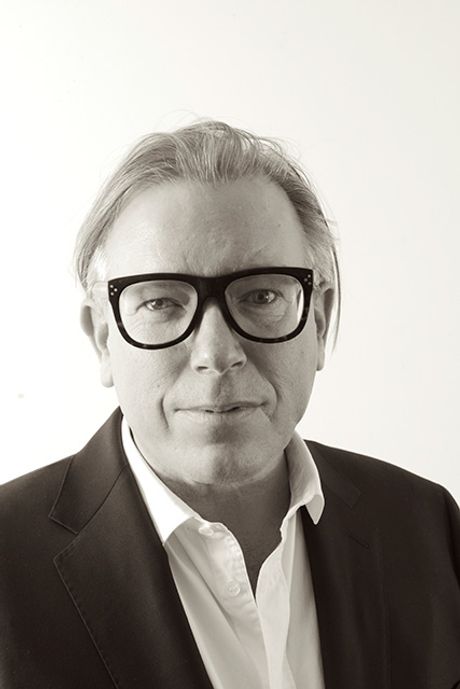
The Australian art world is in shock after the body of the art dealer and Sotheby’s Aboriginal art consultant Tim Klingender was discovered in the sea off the Sydney Heads peninsula. Maritime police retrieved Klingender’s body on 20 July after an apparent boating accident in which one other person is still missing.
Klingender, who was 59, was senior consultant of Australian Art to Sotheby’s. He was in New York in May to oversee the auction house’s fourth standalone auction of Aboriginal art. When he returned to Sydney, he immediately indulged his love of deep-sea fishing and whale watching along the Sydney coastline.
His loss will leave a vacuum in Sotheby’s international hierarchy and market knowledge base, according to Robert Bleakley, the founder of Sotheby’s previous base in Australia. (Sotheby’s no longer operates in Australia.) “I don’t think there’s anyone who can step into the breach there,” Bleakley tells The Art Newspaper.
In the 1980s Klingender, a young graduate of the University of Melbourne, was taken on by Sotheby’s and eventually became instrumental in the establishment of a secondary market for Aboriginal art, Bleakley says. “He had a genuine love for the art and a connection with Indigenous Australians. He was right in there and deeply concerned,” he adds.
Klingender developed into a leading force in the Indigenous art market. John Albrecht, the chairman of the Australian auction house Leonard Joel, says that Klingender “literally conceived and designed the ethical secondary market for Indigenous art in Australia”.
Sources tell The Art Newspaper that Klingender was renowned for his ethical stance, his dedication to research and his emphasis on solid provenance. Luke Scholes, who was working for the Papunya Tula Artists organisation when he met Klingender 20 years ago, says Klingender was “unwavering” in his ethics. “He set the standard really high and it’s up to everyone else to uphold it now,” says Scholes, who is now a research fellow at Deakin University in Melbourne. “He’s irreplaceable. There’s no one that has the energy and passion and knowledge and the bullishness to continue to advocate on an international scale.”
According to the Sydney art consultant Annette Larkin, Klingender’s knowledge of Indigenous art and its market was peerless. “It wasn’t just on canvas, he knew a lot about barks and boards,” Larkin says. “The 1970s boards—he really developed that market and he really understood it.”
Klingender founded the Sotheby’s Aboriginal art department in 1996 and began touring highlights of its sales internationally to New York, London and Paris prior to auctions in Australia. He established Tim Klingender Fine Art in 2009. Between 2011 and 2013 he was a senior consultant to Bonhams. In that role he steered the landmark sale of the Laverty Collection of Contemporary Australian Art, which toured to London and New York prior to auction.
His New York sale over for another year, Klingender posted on Instagram on 31 May: “Such great art, energy, old friends and new friends every time… and now 26 years of having the responsibility and privilege to show some of the best Australian Indigenous art in a city like no other. Can’t wait to get home and head to sea.”
He is survived by his wife Skye McCardle and their two teenage daughters.









